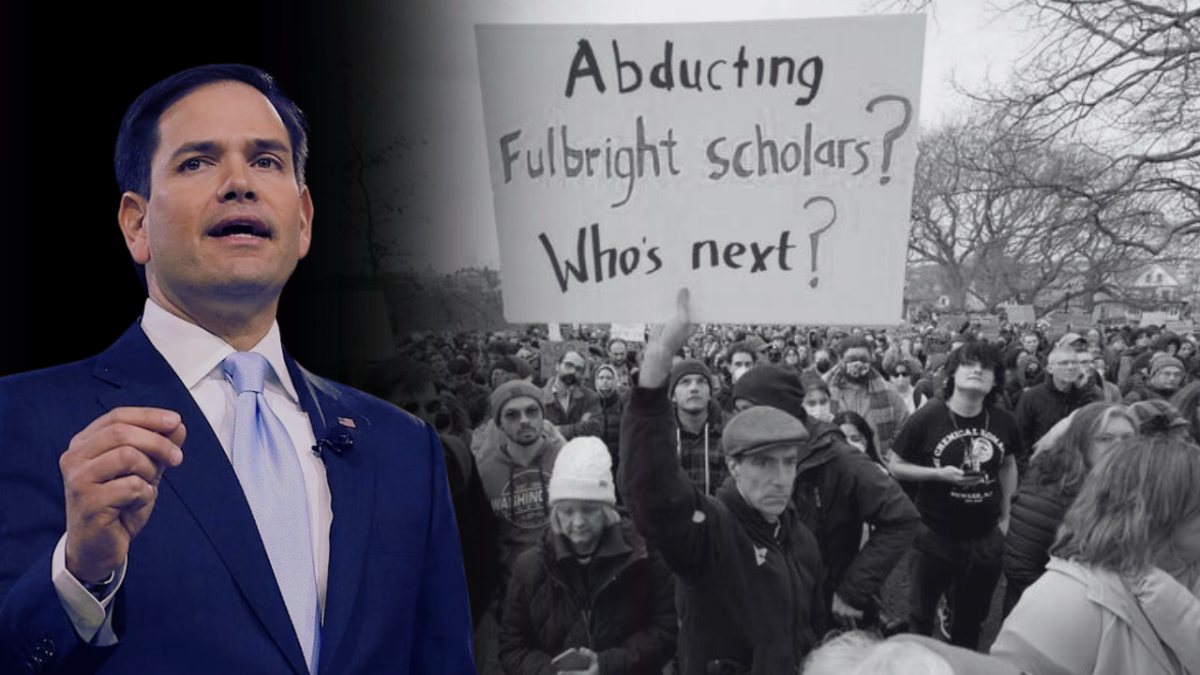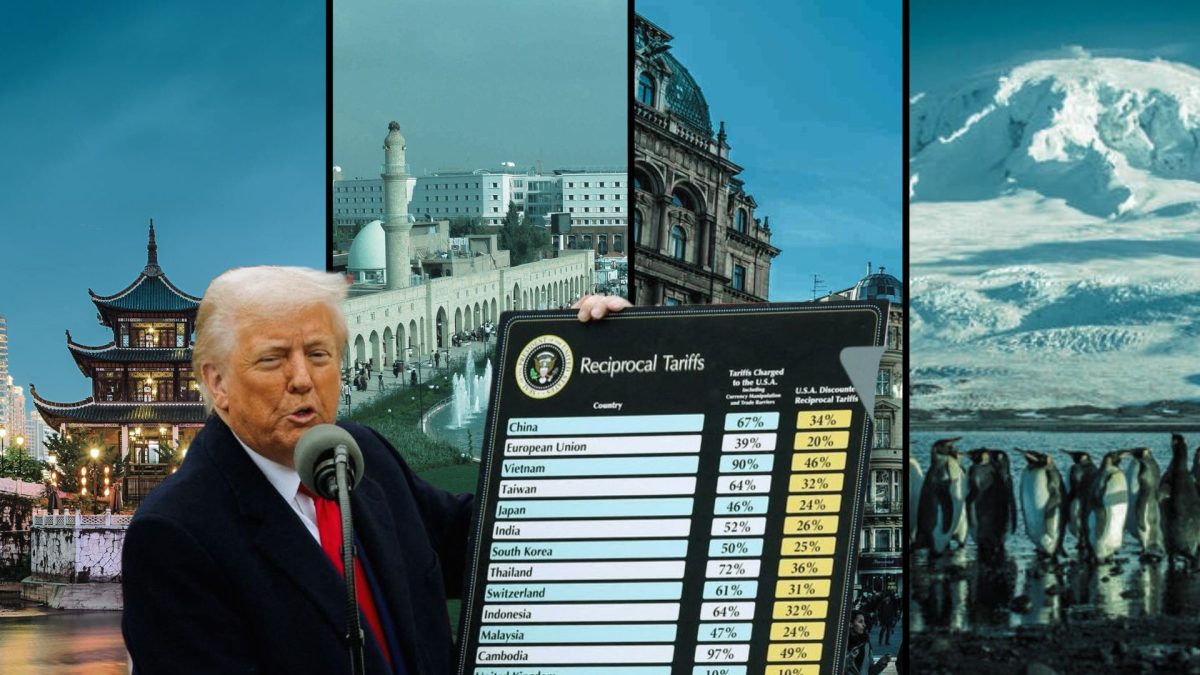When immigrants arrive to the United States, a lot of the time it is driven by the pursuit of opportunities. The laws in the U.S. differ from many countries, and attracts those who don’t have access to the same rights as the people in the U.S. do. The First Amendment is an important part of the U.S., and gives support to the very notion of the United States as a “free country.”
The First Amendment protects 5 fundamental freedoms: the freedom of speech, the freedom of religion, the freedom of the press, the freedom of assembly, and the right to petition. It protects the people of the United States from government interference with their rights.
With the Trump administration now in place, deportations have been on the rise. Some of these deportations can be argued to be justified due to the legality in which the individual entered the country. However, some immigrants are being forced to leave the country despite them entering legally.
Recently, hundreds of people, especially students, have had their visas revoked and have been getting deported due to protests, posts, or other issues regarding the First Amendment. They have been targets of this issue because they simply want to exercise the rights that were promised to the people of the United States.
The First Amendment prohibits the government from restricting free speech. This applies to everyone in the country, regardless of immigration status. Although, there have been issues when it comes to courts dealing with immigrants and their First Amendment rights, making it difficult to speak out.
Rumeysa Ozturk, an international student at Tufts University, is one of many immigrants who had been taken into custody by ICE. She was accused of terrorist activities because of her involvement in Palestinian protests and due to an opinion article she had co-edited for The Tufts Daily. U.S Secretary of State, Marco Rubio, justifies the reasons for Ozturk's revoked visa, saying she participated in vandalism, harassment, and riots. However, the State Department states that her name was not associated with any terrorism-related information across U.S. databases. Rubio continues to explain that these situations have and still will continue to happen to those who abuse their privileges of being in the United States. While Ozturk’s views may not be in line with the United State’s beliefs, the freedom of speech should still apply in this situation.
An infamous case of Texas v. Johnson, can be used as a prime example that ties into this. Gregory Lee Johnson was an American citizen that burned the U.S. flag as a form of protest. It caused a lot of outrage across the country, and led him to be arrested. Johnson then ended up appealing his case, having the Supreme Court pass their judgement. The court concluded that Johnson’s actions were protected under the First Amendment.
The only difference in this case is that Gregory Lee Johnson is an American citizen, and not an immigrant. Immigrants should be able to practice their First Amendment rights the same way as any American citizen is able to do, without living in fear of being taken out of the country.
Everyone in the United States should be able to practice their rights freely. Immigrants are important, and their opinions should be valued. As long as the actions don’t pose a threat, they should be able to express themselves the same way as U.S. citizens. The First Amendment has its limitations, but those limitations do not, and should not, apply due to solely being an immigrant. Restraining immigrants of their free speech is unconstitutional.








